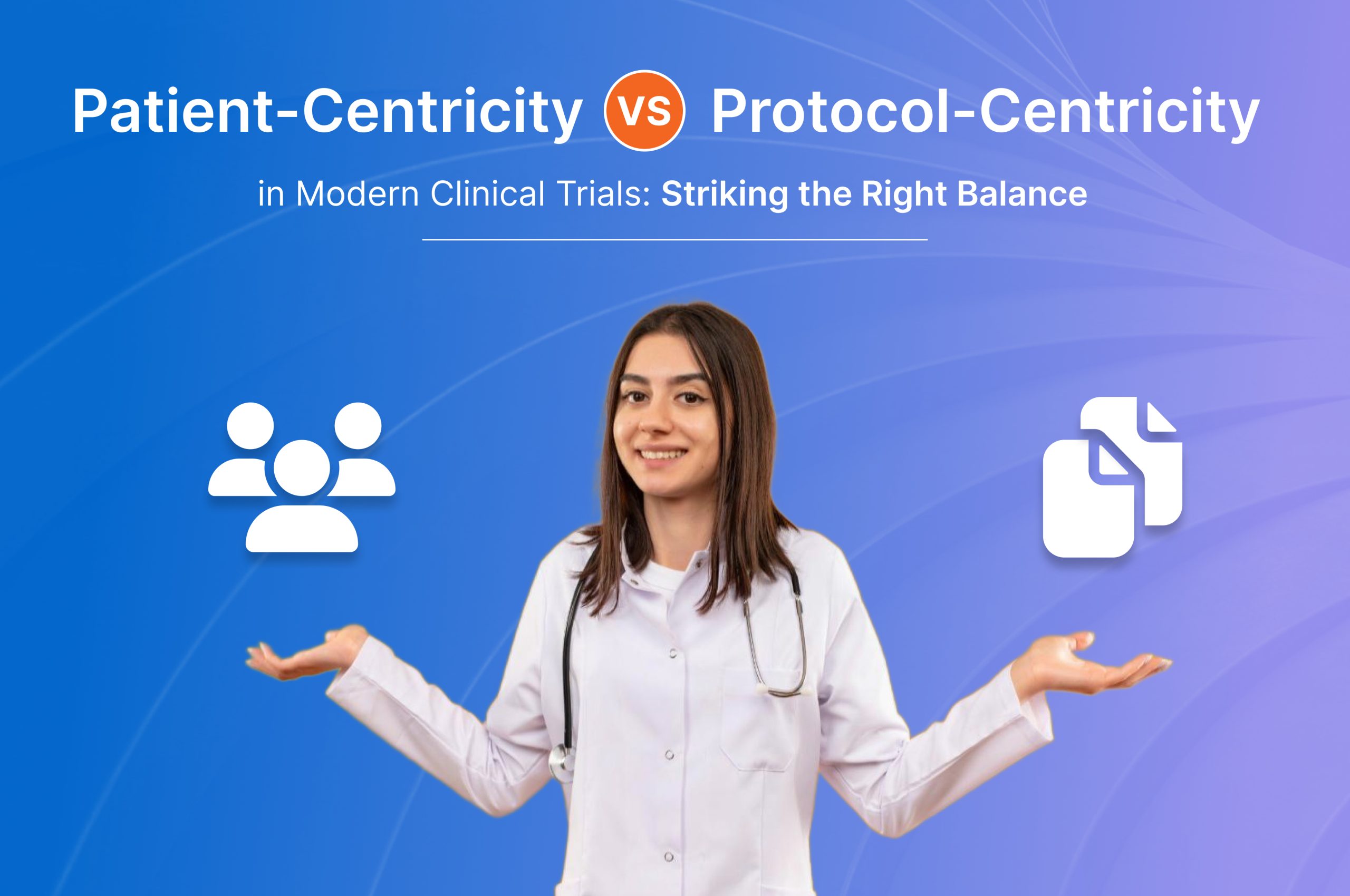The continuous progression of new medication is dependent upon the insights gathered from clinical trials. These meticulously arranged trials act as the proving ground where potential treatments are scrutinized to decide their viability and sustainability.
Nonetheless, the consistently increasing expenses and growing intricacy of contemporary clinical trials threatens this fundamental mainstay of clinical exploration. To ensure that clinical examination has a suitable future, this blog investigates the causes behind these ever-increasing costs and proposes a potential solution.
The expense of conducting clinical examinations has expanded to ludicrous levels. A 2020 study published in Nature Reviews Drug Discovery uncovered that the normal expense of a trial was a shocking $19 million. From an expected $80 million in 2010, this is a practically remarkable development, demonstrating a pattern that needs fast mediation. A striking picture is shown by Tufts Center for the Study of Drug Development scientist Dr. Joseph DiMasi, who expresses that "the expense of fostering another medication has increased dramatically as of late".
As well as imperiling clinical exploration availability, this monetary weight causes qualms about the drawn-out manageability of the whole drug development process.
A few interconnected factors add to this cost flood.
- The Ever-Watchful Eye of Regulation:
Administrative and regulatory bodies have set up an ever-increasing number of unbendable frameworks because they have a real concern for patient security.
These safeguards, while imperative for patient security, perpetually increase the intricacy and duration of trial execution, which drives up costs. For instance, the examination interaction may be significantly postponed and consumption expanded by requiring progressive rounds of administrative clearances for each new trial area.
- Going Global for Efficiency:
Clinical trials are now being conducted worldwide by Big Pharma. They can arrive at a bigger pool of potential workers and speed up the licensing process by conducting research across various nations.
The monetary burden is additionally expanded by arranging the numerous administrative systems and useful difficulties related to conducting investigations universally. trials might have to stick to different administrative systems in each country, requiring additional documentation, interpretations, and now and then excess testing conventions.
- The Rise of Personalized Medicine:
The field of contemporary medication is pushing toward additional, individualized, and patient-centered cures. Frequently, these treatments need complex review plans. Consider a clinical report focused on a specific hereditary change for an original malignant growth treatment.
As well as finding volunteers with this specific transformation, analysts should ensure the trial's plan thinks about any distinctions in how various patients might respond to the medicine contingent upon their individual hereditary structure.
In view of this multifaceted design, the costs of these examinations are far higher than those of standard "one-size-fits-all" prescription trials. These trials likewise require particular hardware, exceptionally prepared staff to convey and screen these designated medications, and confounded information handling strategies.
- The Recruitment Conundrum:
One of the greatest deterrents to current clinical examinations is tracking down reasonable subjects. Severe incorporation and rejection principles, formed to ensure the security and dependability of the review, can possibly radically lessen the quantity of potential members.
For instance, another drug study for the heart probably won't acknowledge members with determined previous sicknesses or those on specific prescriptions. Due to this decrease in the quantity of members, enlisting might turn into an expensive and tedious cycle.
As indicated by concentrates on directed by the Coalition for Regenerative Medication, up to 30% of the general trial expenses might be credited to patient enlisting. Enrollment is made more troublesome by the public's rising question of study inclusion, which is stirred up by stresses over information security and conceivable adverse consequences.
Creative Solutions on the Horizon
The consequences of increasing costs go past simple monetary difficulty. Eminent therapeutic physicist and logical blogger Dr. Derek Lowe issues an admonition, saying, "The significant expense of trials makes it a lot harder for more modest organizations and scholarly establishments to contend".
This cost hindrance really keeps inventive analysts out of the field, which could block the making of notable drugs and medicines for intriguing infections with more modest patient bases. Envision what is going on where the colossal cost of playing out a clinical trial forestalls further examination into an uncommon hereditary sickness, in this manner sidelining a likely new treatment.
In addition, drug partnerships might focus on monetarily suitable medicines over those that address neglected clinical necessities in less worthwhile areas because of the strain to recuperate speculations. This might bring about a circumstance where innovative work exercises separate from illnesses for which there might be little benefit, leaving individuals experiencing these diseases with few decisions.
Yet, have no apprehension, voyagers: under the tempest billows of mounting costs and speeding guidelines, there is trust in creative arrangements that can deftly and gorgeously arrange the unsafe waters of contemporary clinical trials.
The utilization of decentralized clinical trials (DCTs), where a virtual climate of computerized development replaces the regular physical worldview, is one such strategy that is acquiring favor. Using wearable innovation, telemedicine, and remote observing, DCTs set aside cash and increment patient commitment by giving a life saver to specialists.
A new review viewed that more than 70% of clinical trial patrons are either investigating or have proactively carried out decentralized trial methodology, which is a confident pattern in measurements. This is a change in outlook in research that can change how we direct clinical trials and acquaint new treatments with the market.
Dr. Sophia Chen, a trailblazer in DCT research, comments, "Decentralized trials aren't simply a lifesaver for specialists; they're a unique advantage for patients. By carrying the trial to their doorstep, we're not simply separating boundaries; we're obliterating them with a destroying chunk of development."
In Summation
As we explore the blustery oceans of current clinical trials, one thing turns out to be crystal clear - the difficulties might be overwhelming, yet so too are the amazing open doors for advancement and progress. By embracing effective fixes, bridging the force of innovation, and manufacturing organizations across the business, we can tame the whirlwind and outline a course toward more secure, more proficient trials.
Do you want to know how Octalsoft can help you overcome existing clinical trial challenges, accelerate the development of innovative therapies, and usher in a new era of evidence-based medicine that benefits patients worldwide?



